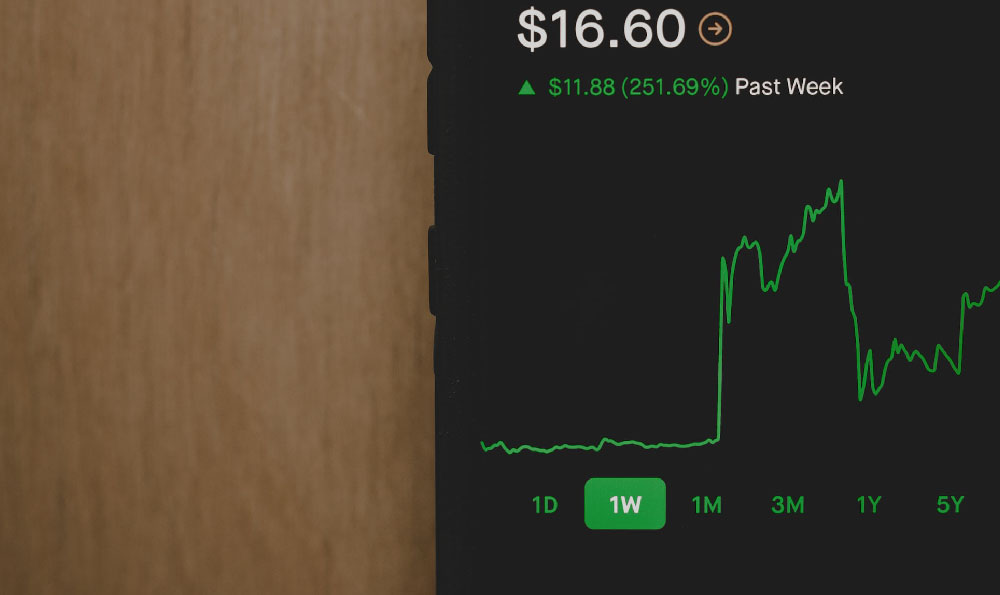Make Money Online: Freelancing, E-commerce, and Passive Income Strategies

Make Money Online: Freelancing, E-commerce, and Passive Income Strategies
The digital landscape has opened unparalleled opportunities for individuals to generate income beyond traditional employment. Whether you're leveraging your skills as a freelancer, building a business through e-commerce, or exploring passive income streams, the key lies in understanding the dynamics of each approach, aligning it with your expertise, and implementing strategies that balance growth with risk management. Modern tools and platforms have made these avenues more accessible, but success requires more than just participation—it demands insight, adaptability, and a long-term perspective.
Freelancing remains one of the most flexible ways to monetize specialized skills. Unlike the traditional nine-to-five model, it allows you to set your own schedule and work from anywhere, provided you have a reliable internet connection. The popularity of platforms like Upwork, Fiverr, and Toptal has created a global marketplace where talent is in demand across diverse fields, including writing, graphic design, programming, and digital marketing. To thrive in this space, it’s essential to build a niche. For example, if you have a passion for content creation, focus on delivering high-quality copywriting or video editing services to a specific industry, such as tech or healthcare. This not only differentiates you from competitors but also increases your value proposition to clients.

However, freelancing is not without challenges. One common pitfall is underpricing your services, which can lead to burnout and unsustainable earnings. To avoid this, conduct market research to determine competitive rates for your skills. Additionally, establishing trust is crucial—clients are more likely to hire freelancers with strong portfolios, positive reviews, and clear communication. It’s also wise to diversify your income sources. For instance, you can combine freelancing with selling digital products on platforms like Gumroad or creating online courses on Udemy, thereby reducing dependency on a single client while amplifying your earning potential.
E-commerce has evolved from a niche market to a dominant force in the global economy, offering entrepreneurs the chance to reach millions of customers with minimal upfront costs. From dropshipping to private label retail, the strategies available are varied, but success hinges on a deep understanding of your target audience, product selection, and operational efficiency. One effective method is to identify underserved markets and create a product or service that addresses their needs. For example, if you recognize a growing demand for eco-friendly packaging, sourcing sustainable materials and selling them through Etsy or a branded Shopify store could yield substantial returns.
However, the e-commerce journey is fraught with risks, from inventory management to customer acquisition. A significant challenge is maintaining profitability in a saturated market. To mitigate this, focus on niche products with unique selling points. Leveraging social media and content marketing to build brand awareness is also vital. For instance, using Instagram to showcase your products, creating YouTube tutorials to educate potential buyers, or engaging in SEO-optimized blog posts can drive organic traffic and convert it into sales. Furthermore, automation tools like Oberlo or Kopycat can streamline operations, reducing time spent on repetitive tasks.
Passive income streams offer a compelling solution for those seeking financial freedom. Unlike active income, which depends on continuous effort, passive income requires initial work but allows you to earn money without constant engagement. Common methods include investing in assets that generate returns, such as real estate or dividend stocks, but the modern digital age has introduced new avenues. For example, creating and monetizing online content through YouTube or podcasts can yield income via advertising or sponsorships, while affiliate marketing allows you to earn commissions by promoting relevant products.
One particularly lucrative passive income strategy in today’s economy involves leveraging cryptocurrency for investments. By allocating funds to assets like Bitcoin, Ethereum, or staking protocols, individuals can benefit from price appreciation, interest income, or transaction fees. However, this approach demands a strategic mindset. Diversification is key—investing only in a single cryptocurrency is risky, as market volatility can lead to significant losses. Instead, consider using a diversified portfolio across different asset classes, including both traditional and digital investments. Additionally, staying informed about market trends and technological advancements ensures that you make data-driven decisions. For instance, researching blockchain projects, understanding market cycles, and monitoring geopolitical factors can help you navigate the complexities of cryptocurrency investing.
For beginners, the journey to financial growth starts with defining clear goals. Are you looking to supplement your income, or are you aiming for full-time earnings through these methods? Once your goals are established, you can tailor your strategies accordingly. For example, a freelancer might focus on building long-term client relationships, while an e-commerce entrepreneur could prioritize product innovation and customer retention. Passive income seekers, on the other hand, should explore multiple streams to ensure resilience against market downturns.
Risk management is a cornerstone of any financial strategy. When investing in cryptocurrency, for instance, it’s wise to allocate only a fraction of your portfolio to this high-risk asset, ensuring that other income sources can offset potential losses. In freelancing, setting up a trust fund or emergency savings can protect against irregular income, while e-commerce businesses might benefit from dynamic pricing models and demand forecasting tools to mitigate losses from fluctuating market conditions.
Ultimately, the path to generating income online is a blend of creativity, discipline, and strategic thinking. Whether through freelancing, e-commerce, or passive income, success favors those who adapt to changing trends, stay informed about market dynamics, and prioritize long-term growth over short-term gains. By combining these approaches with a thoughtful mindset, individuals can unlock financial freedom while navigating the complexities of the digital economy.















